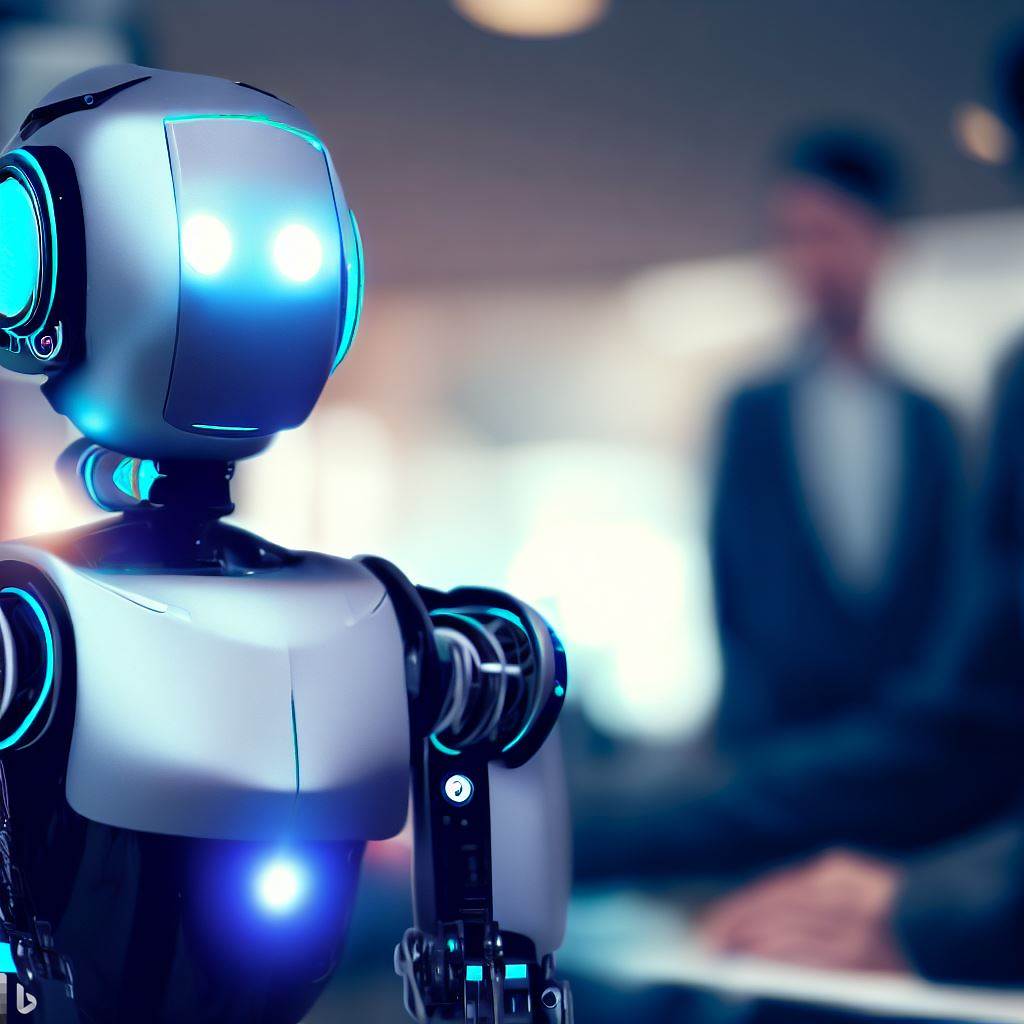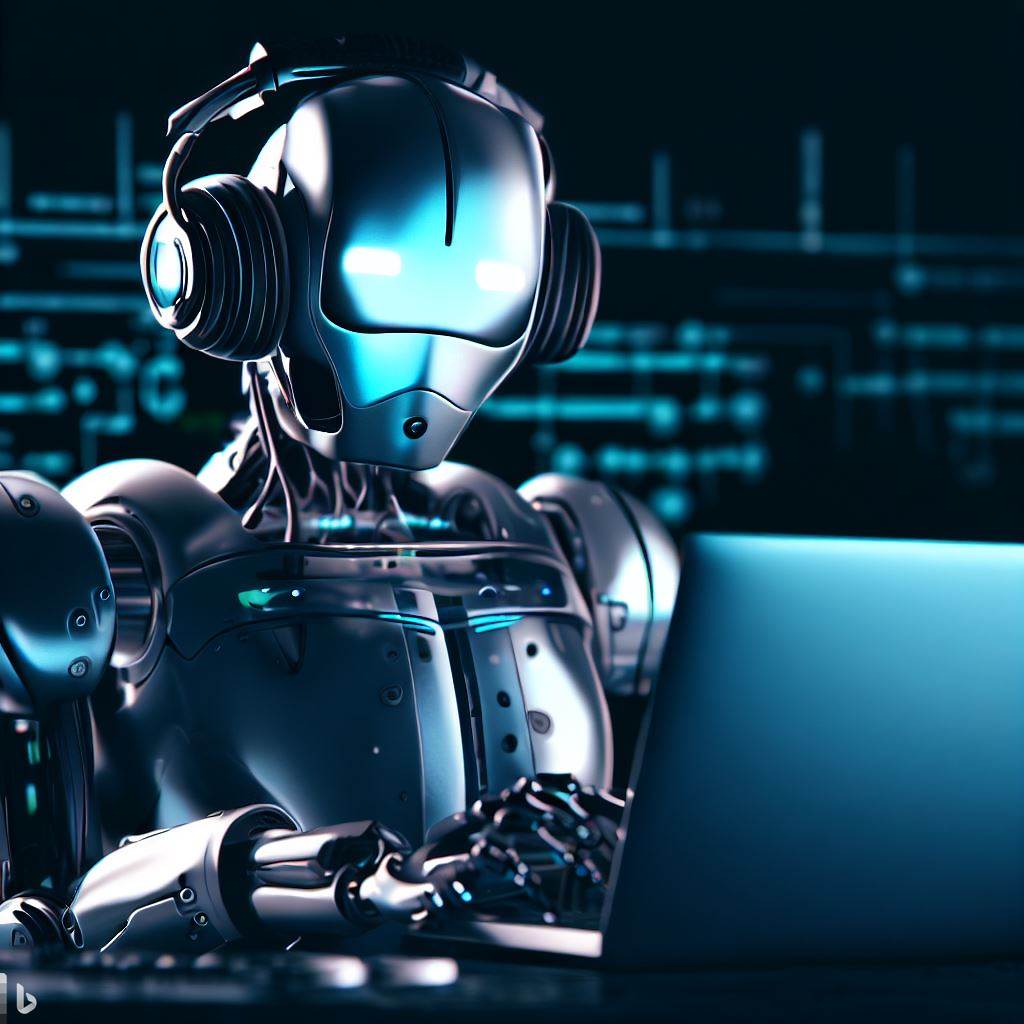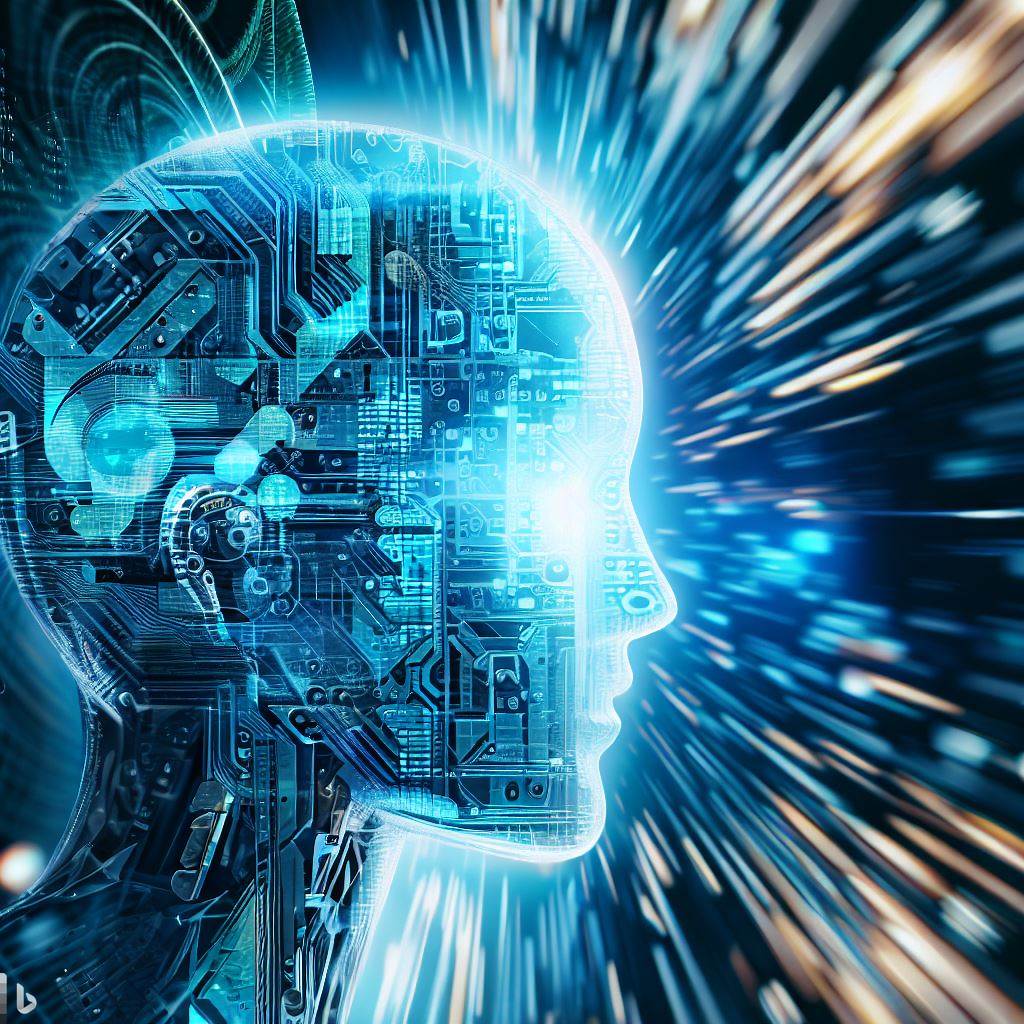Artificial intelligence (AI) is rapidly changing the world around us, and its potential applications are endless.
Here are five of the most exciting AI applications that are currently being developed or used:
1. Medical AI
AI is being used to develop new medical treatments and diagnostics. For example, AI-powered algorithms can now identify skin cancer more accurately than human dermatologists. AI is also being used to develop new drugs and therapies and personalized treatment for individual patients.
One of the most exciting applications of AI in medicine is in the field of cancer detection. AI-powered algorithms can now analyze medical images, such as skin biopsies, with much higher accuracy than human doctors. This has led to a significant increase in the early detection of cancer, which can greatly improve patient outcomes.
AI is also being used to develop new drugs and therapies. For instance, AI can identify new drug targets and predict how drugs will interact with the human body. Moreover, AI is being utilized to personalize treatment for individual patients, allowing doctors to tailor treatment plans to the specific needs of each patient, leading to better outcomes.
Do you have a software/mobile development project in mind? Contact us today and let us help you turn your idea into reality. We have the skills, experience, and passion to create amazing solutions for your business needs. Email us at sales@nesesho.com
Want to know more about our Tech Solutions? Visit us at www.nesesho.com
2. Self-driving cars
AI is being used to develop self-driving cars that can navigate roads and avoid obstacles without human input. Self-driving cars have the potential to revolutionize transportation, making them safer, more efficient, and more accessible.
Self-driving cars use a variety of AI technologies, including computer vision, machine learning, and sensor fusion. Computer vision allows self-driving cars to perceive the world around them, while machine learning enables them to learn how to drive in different environments. Sensor fusion combines data from various sensors, such as cameras, radar, and lidar, to create a complete picture of the environment.
While still in development, self-driving cars have made significant progress. Companies like Waymo and Cruise have already begun testing self-driving cars on public roads. As AI technology continues to evolve, self-driving cars are likely to become more widespread in the years to come.
3. Virtual assistants
AI-powered virtual assistants like Siri, Alexa, and Google Assistant are becoming increasingly sophisticated. These assistants can now understand natural language and complete a wide range of tasks, such as setting alarms, playing music, and providing information.
Virtual assistants are powered by AI technologies, such as natural language processing and machine learning. Natural language processing allows virtual assistants to understand the meaning of human language, while machine learning enables them to learn how to complete tasks more effectively over time.
Virtual assistants are becoming increasingly popular as they offer a convenient way to interact with technology. They can control smart home devices, provide directions, make appointments, and even order food. As AI technology continues to evolve, virtual assistants are likely to become even more useful and ubiquitous in the years to come.
4. Chatbots
Chatbots are computer programs that can simulate conversations with humans. They are being used in various applications, such as customer service, education, and healthcare. For example, chatbots can answer customer questions, provide personalized tutoring, and even diagnose medical conditions.
Chatbots are powered by AI technologies, such as natural language processing and machine learning. Natural language processing allows chatbots to understand the meaning of human language, while machine learning enables them to learn how to respond to questions and requests more effectively over time.
As chatbots offer a convenient and efficient way to interact with technology, they are becoming increasingly popular. They provide customer service 24/7, deliver personalized educational content, and even offer medical advice. As AI technology continues to evolve, chatbots are likely to become even more sophisticated and widely used in the years to come.
5. AI in finance
AI is being used to improve the efficiency and accuracy of financial markets. For example, AI-powered algorithms can now predict stock prices more accurately than human analysts. AI is also being used to detect fraud and automate tasks such as risk management and compliance.
AI is applied in various financial industry applications, including:
- Risk management: AI can identify and assess risks in financial markets, helping financial institutions manage risk more effectively and avoid losses.
- Compliance: AI can automate tasks related to financial compliance, assisting financial institutions in adhering to regulations and avoiding penalties.
- Trading: AI can make trading decisions more efficiently and accurately, enabling financial institutions to make more profitable trades.
- Investment management: AI can manage investment portfolios more effectively.
Conclusion
In conclusion, the field of artificial intelligence is rapidly expanding, and its impact is being felt across various industries. These five applications of AI represent just a glimpse of its potential to transform the world and enhance human lives. As AI technology continues to evolve, we can expect even more exciting and innovative applications to emerge.
Do you have a software/mobile development project in mind? Contact us today and let us help you turn your idea into reality. We have the skills, experience, and passion to create amazing solutions for your business needs. Email us at sales@nesesho.comWant to know more about our Tech Solutions? Visit us at www.nesesho.com



